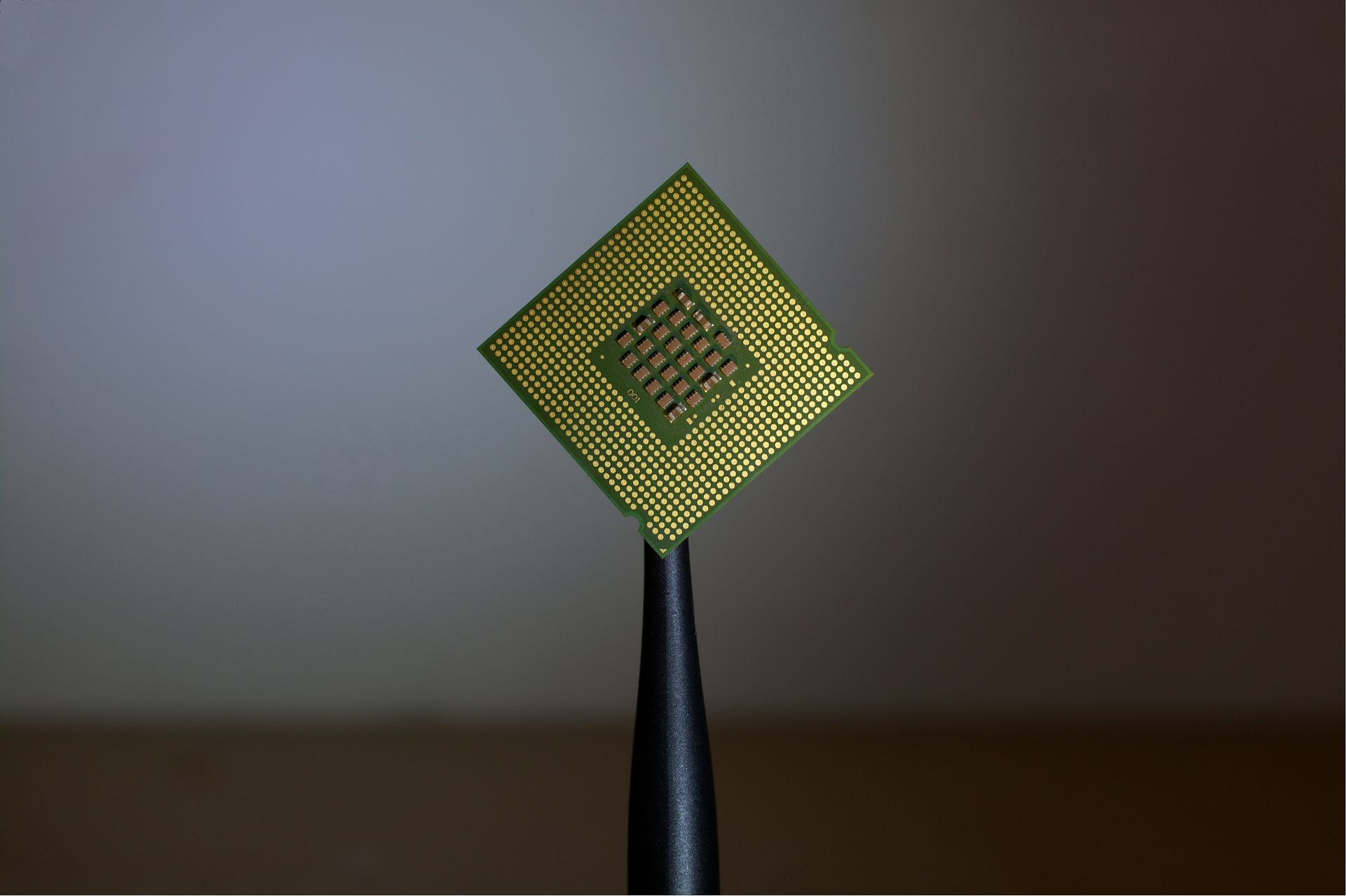Biden administration has pledged $11.6 billion to boost semiconductor manufacturing in the United States. This funding will greatly aid Taiwan Semiconductor Manufacturing Co (TSMC) in its expansion plans in Arizona.
On Monday, both the Taiwanese company and the US Department of Commerce announced that Washington would extend support totaling $6.6 billion in grants and potentially up to $5 billion in loans. With the latest addition, TSMC’s total investment in the U.S. reached $65 billion.
Everything is for AI chips
Under the Chips Act, this financial support aims to strengthen domestic semiconductor production and lessen reliance on overseas manufacturing. TSMC, a leader in chip technology, will benefit from this assistance, which includes grants and loans to advance semiconductor technologies.

TSMC’s decision to establish a state-of-the-art fabrication plant in Phoenix, Arizona, is a key development. The plant will focus on producing advanced 2-nanometer chips, surpassing earlier plans and marking a significant technological leap. With a total investment of $65 billion, TSMC is demonstrating its confidence in the US market and responding to the growing demand for high-performance computing solutions.
This expansion also reinforces partnerships with American technology companies and improves supply chain resilience. By bringing advanced manufacturing capabilities to the US, TSMC aims to foster innovation and competitiveness in critical industries.
More specifically, this agreement is crucial for several reasons:
- Boosting domestic semiconductor manufacturing: The deal aims to bring high-tech chip production onto US soil. By establishing a state-of-the-art fabrication plant in Arizona, TSMC is contributing to the expansion of domestic semiconductor manufacturing capacity. This move is crucial for reducing the United States’ reliance on foreign chip production, enhancing national security, and fostering economic growth.
- Strengthening technological leadership: TSMC’s decision to invest in the US underscores the country’s attractiveness as a hub for innovation and technology development. By building a facility capable of producing cutting-edge 2-nanometer chips, TSMC is not only advancing its own technological capabilities but also bolstering the US’s position as a leader in semiconductor technology.
- Economic impact: The deal represents a significant injection of capital into the US economy. With grants and loans totaling $11.6 billion under the Chips Act, the agreement is expected to create jobs, spur investment in infrastructure, and stimulate economic activity in the semiconductor sector and related industries.
- Strategic importance: In addition to its economic implications, the deal holds strategic importance in the context of global geopolitics. By expanding its presence in the US, TSMC is diversifying its manufacturing footprint and reducing exposure to geopolitical risks, such as tensions between the US and China. This strategic diversification enhances supply chain resilience and strengthens the US semiconductor industry’s competitive position on the global stage.
As TSMC’s Arizona expansion progresses, it represents a significant milestone in US semiconductor manufacturing. With strategic investment and technological advancement, TSMC and the Biden administration are working to ensure a stronger, more resilient semiconductor industry in the United States.
Looking for more about the heated AI race? Check out these:
- Nvidia CEO reveals price of new AI Blackwell chip
- Qualcomm’s latest AI chip will make new OnePlus smartphones smarter
- Samsung is prepping an AI accelerator to rival Nvidia
- A sneak peek at Microsoft’s in-house AI chips
Featured image credit: Eray Eliaçık/Bing





